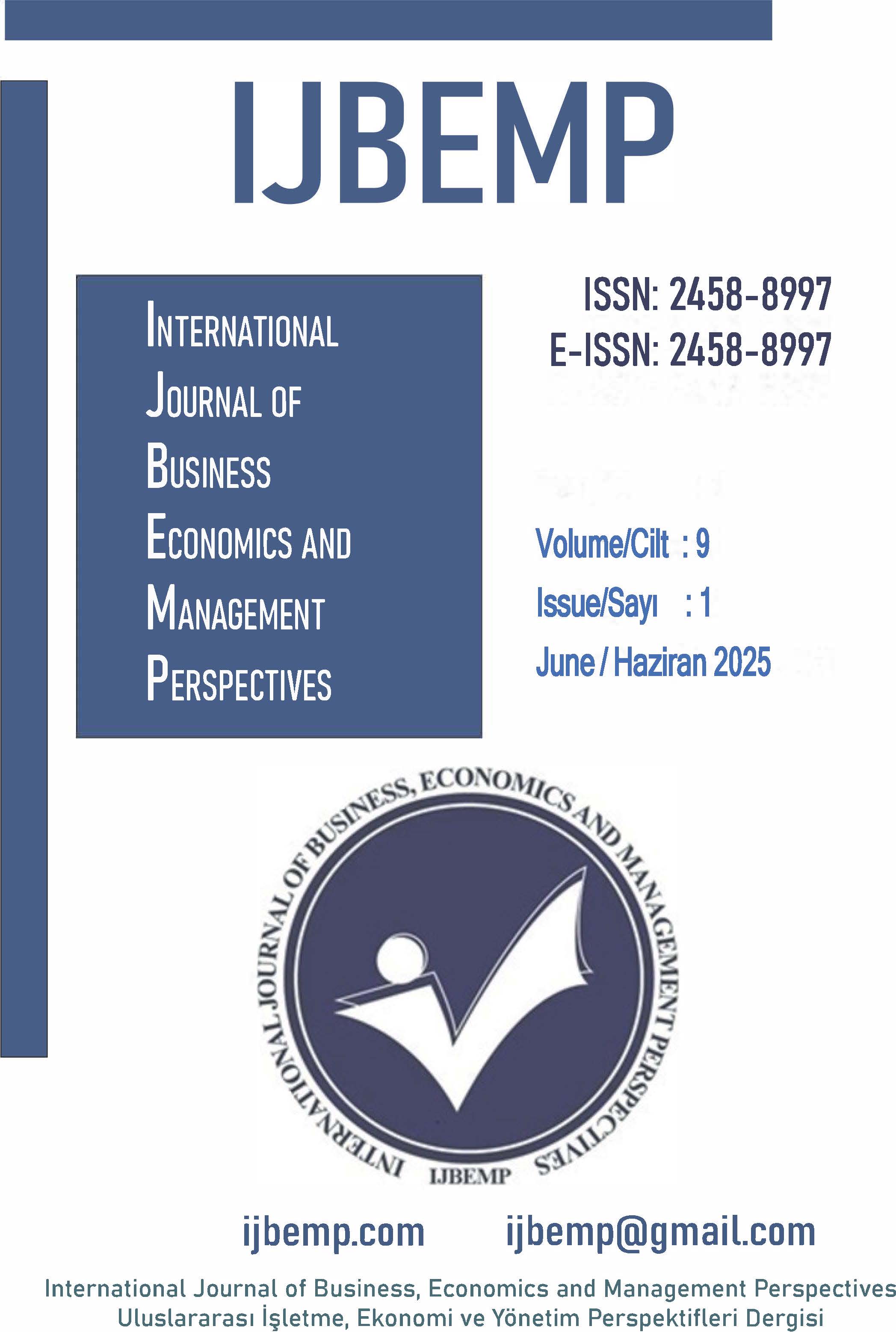Author :
Abstract
Bu çalışma, 1996-2022 döneminde G7 ve MINT ülkelerinde yönetişimin ekonomik büyüme üzerindeki etkisini incelemektedir. Sabit etkili Driscoll-Kraay tahmincisi kullanılarak yapılan analizler, her iki ülke grubunda da yönetişimin ekonomik büyümeye pozitif ve anlamlı bir katkı sağladığını ortaya koymuştur. G7 ülkelerinde yönetişim, istikrarlı kurumlar ve etkin piyasa mekanizmaları sayesinde ekonomik büyümeye önemli bir destek sağlamaktadır. Ancak, yönetişimin büyüme üzerindeki etkisi, gelişmiş altyapı ve yerleşik kurumsal yapılar nedeniyle daha sınırlı düzeyde kalmaktadır. Buna karşın, MINT ülkelerinde yönetişim reformları ekonomik büyümeye daha belirgin bir katkı sağlamaktadır. Bunun nedeni, MINT ülkelerinde daha düşük kurumsal kapasiteler ve yapısal sorunların giderilmesiyle yönetişim iyileştirmelerinin büyüme üzerinde daha yüksek marjinal getiriler sağlamasıdır. Sonuç olarak, G7 ve MINT ülkelerinde yönetişim ve ekonomik büyüme arasında pozitif ilişki teyit edilmiştir. Ancak, bu ilişkinin düzeyi ve dinamikleri ülkelerin ekonomik gelişmişlik düzeyine göre farklılık göstermektedir. Bu bulgular, her iki ülke grubunda da ekonomik büyümeyi desteklemek için yönetişim reformlarının önemini vurgulamakta, ancak MINT ülkelerinde daha kapsamlı reformlara ihtiyaç duyulduğunu göstermektedir.
Keywords
Abstract
This study examines the impact of governance on economic growth in G7 and MINT countries during the period 1996–2022. The analysis, conducted using the fixed-effects Driscoll-Kraay estimator, reveals that governance makes a positive and significant contribution to economic growth in both groups of countries. In G7 countries, governance significantly supports economic growth through stable institutions and efficient market mechanisms. However, its effect on growth is relatively limited due to the presence of advanced infrastructure and well-established institutional frameworks.In contrast, governance reforms in MINT countries make a more noticeable contribution to economic growth. This is because addressing structural challenges and enhancing governance in MINT countries yields higher marginal returns to growth due to their lower institutional capacities. In conclusion, the positive relationship between governance and economic growth in G7 and MINT countries is confirmed. However, the level and dynamics of this relationship differ according to the economic development levels of the countries. These findings emphasize the importance of governance reforms in supporting economic growth in both groups of countries, while highlighting the need for more comprehensive reforms in MINT countries.





